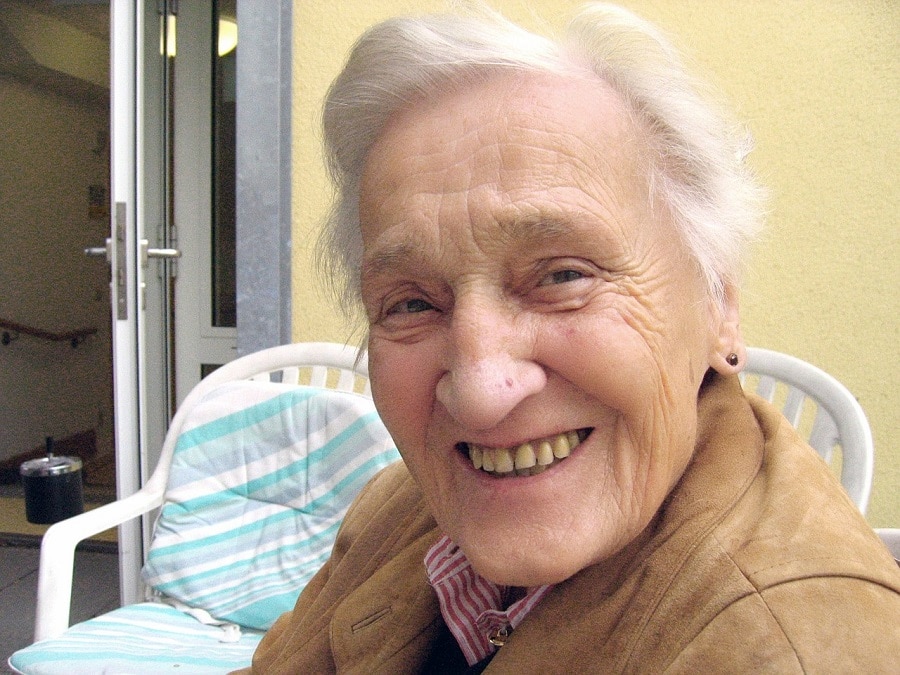By Will Sandford
Contributing Author blogger and contributor on health, interior design and ecology blogs.
Similarly to cancer, dementia is one of those words that simply strikes fear into our bones. Unless we’ve had someone in our family who had to deal with it, we generally know little about how it works and how the condition can be managed. Ignorance in itself makes it seem even more overwhelming, and the feelings of vulnerability and hopelessness can take over our minds. So, in hopes of teaching you a bit about this condition and helping you find ways to cope with it, let us provide some basic information.
Dementia is not a disease in itself
Dementia can be boiled down to this: memory loss. It’s not a condition in itself, but a collection of symptoms that are generally a consequence of another disease such as Alzheimer’s, Parkinson’s, frontotemporal dementia, or dementia with Lewy bodies. Usually, it is a consequence of damaged nerve cells or the vessels that supply blood to our brain, but the exact reason why dementia happens isn’t yet known. Dementia can be progressive, meaning it worsens over time, and that’s usually related to diseases such as Alzheimer’s. Bear in mind that sometimes memory loss can occur as a consequence of a brain injury, taking bad medication, or in diseases such as multiple sclerosis where the autoimmune system attacks nerve cells.
Early symptoms can vary
The trouble with memorizing things is definitely the most obvious symptom, however, there’s a whole host of other things that can indicate early onset dementia. Difficulties with communicating and finding the right words to express yourself, difficulties with problem-solving and handling daily tasks, problems with organizing yourself and feeling disoriented and confused out of the blue could all be linked to dementia. You might also experience paranoia and depression, and find yourself avoiding social situations.
It’s important to listen to your loved ones

Dementia sufferers often don’t notice any real trouble with their memory and they attribute everything to old age. That’s why it’s so important to listen to your family and friends if they start raising concerns and noticing your behavior has changed. Always take them seriously and see a doctor.
Providing help and being a caregiver
People suffering from dementia won’t necessarily need 24h supervision right away, and symptoms can actually be managed quite successfully with the right strategies. However, the progressive nature of most dementia-related diseases means that the patient will need to be provided with constant assistance at one point. If you plan to take on the role of a caregiver for an elderly parent, we urge you to organize yourself well because people with dementia thrive on having a good routine. We also recommend that you be mindful of caregiver’s stress and always take time for your own health. Alternatively, you should also consider aged care facilities for dementia because this is one of the safest, most comfortable ways to make sure your loved one has all that they need. Professional help can go a long way in helping a patient maintain clarity of mind as long as possible and leading a good life in healthy, clean conditions.
Treatment options

We don’t yet have a cure for progressive dementia. The condition can be managed, but not treated, and that’s why it’s so important to see your doctor frequently. We strongly urge you to join organizations such as Alzheimer’s Association and involve yourself in the research so you can help scientists make progress in finding the cure and treating this disease.
Natural solutions
While there is no cure, the symptoms can be managed quite successfully. Exercising and a proper diet are encouraged, particularly food containing omega-3 fatty acids and vitamin D. Manage your cardiovascular health and keep your blood pressure in check, and try to stay as socially active as possible. Of course, the most important things to do are mental exercises: read, play chess, solve puzzles, and play word games. Create a memory scrapbook with pictures of the life you’ve lived and your loved ones and look at it often to remind yourself of good memories.

As with any hardship, a good attitude goes a long way. Dementia is not easy to deal with, but it can be dealt with. Sufferers can have a good quality of life, and a positive outlook makes a big difference in how you handle everything and how happy you feel.
Will Sandford is a Sydney based wood architect, blogger, and contributor on health, interior design and ecology blogs. Besides that, he is also interested in home improvement combined with green technology. In his spare time, Will enjoys surfing and rock climbing. He is also a regular contributor to SmoothDecorator. Connect with him on Twitter.







